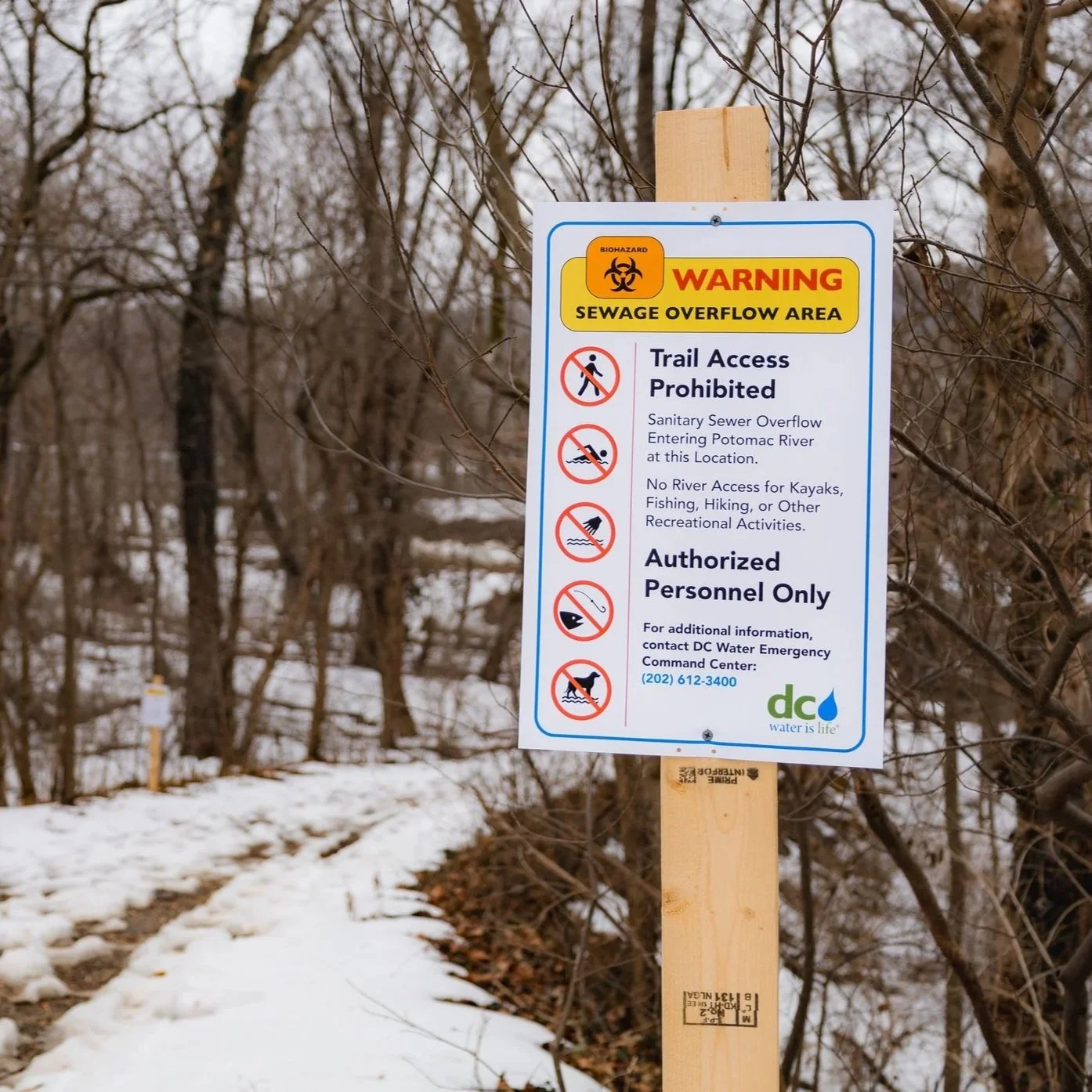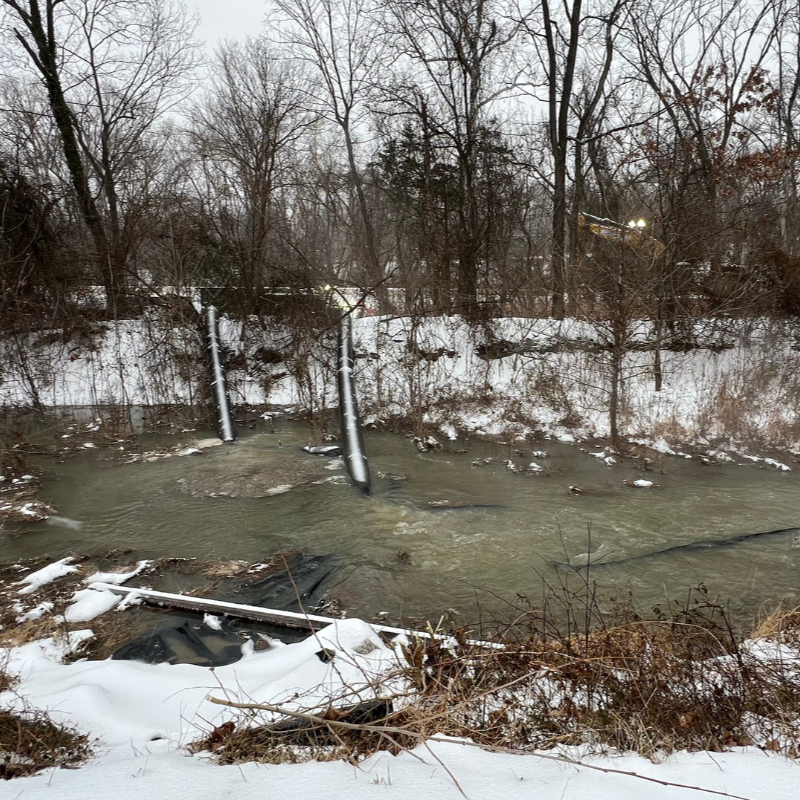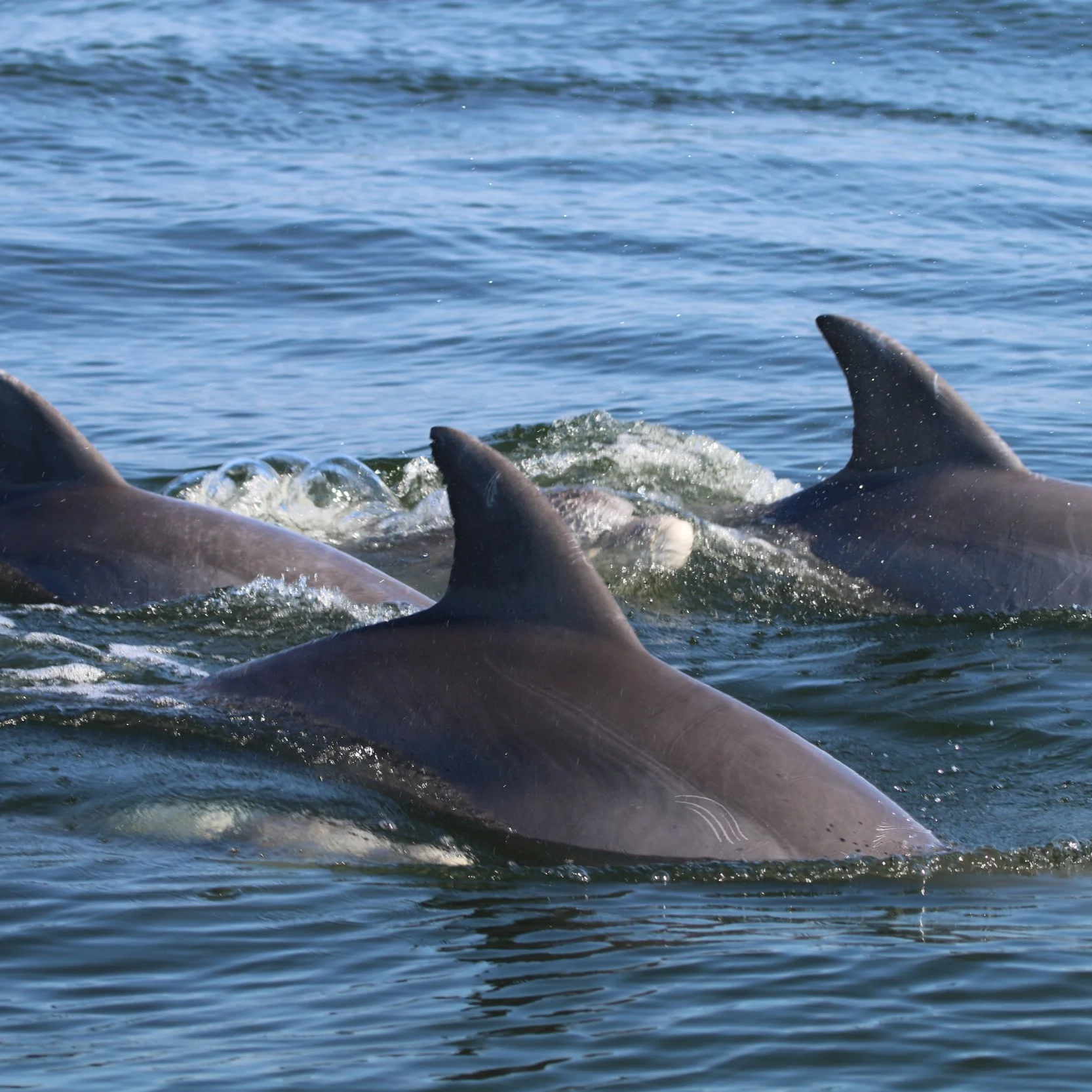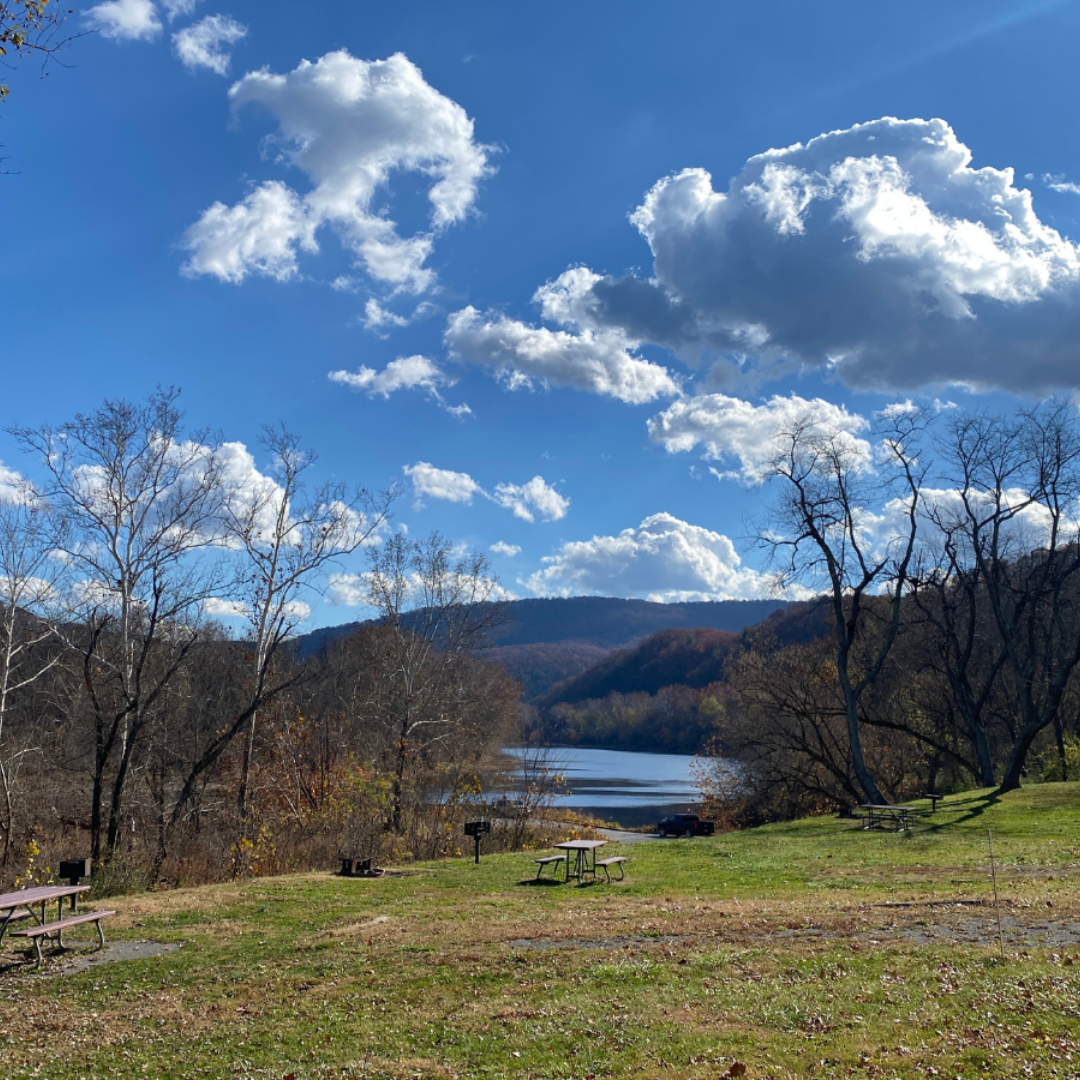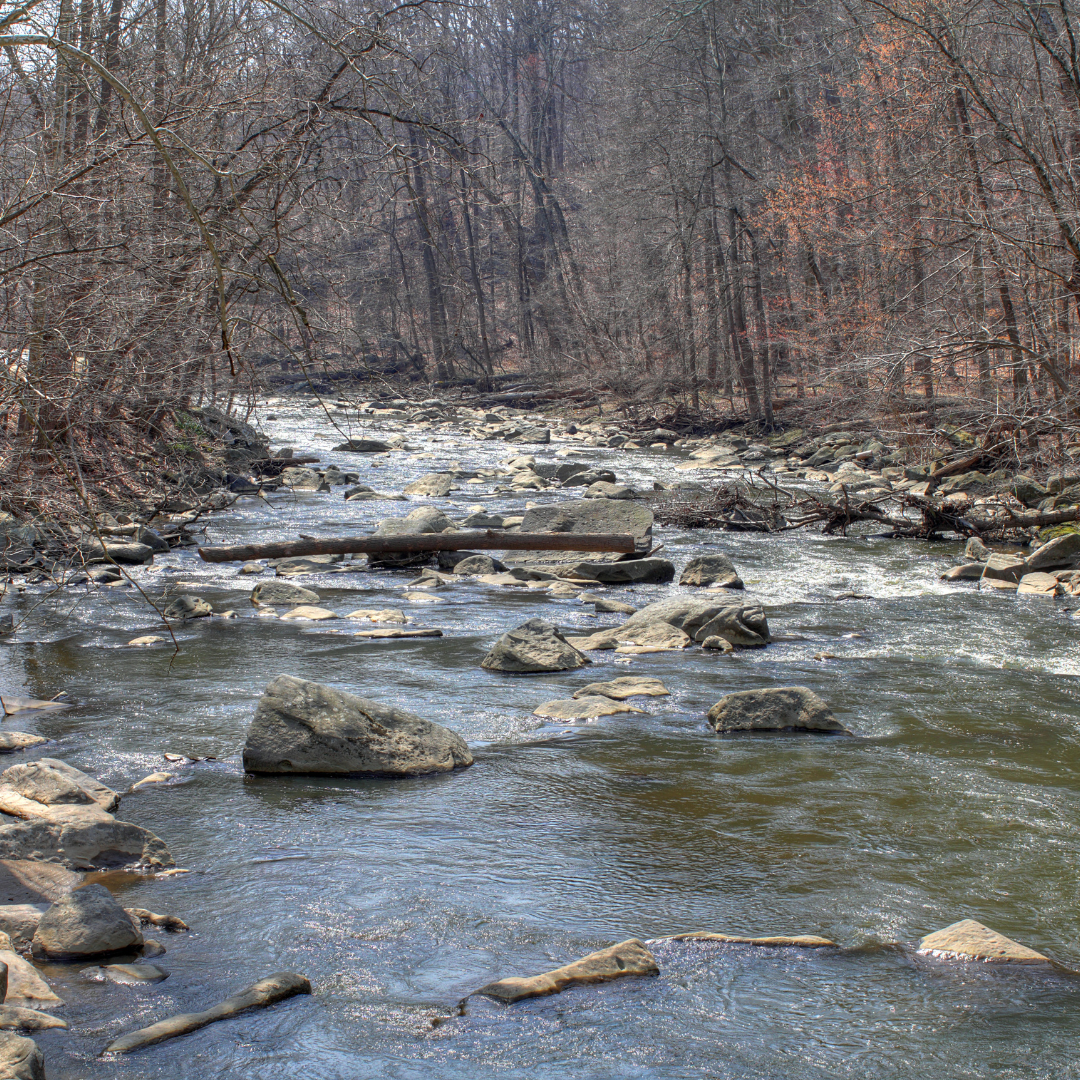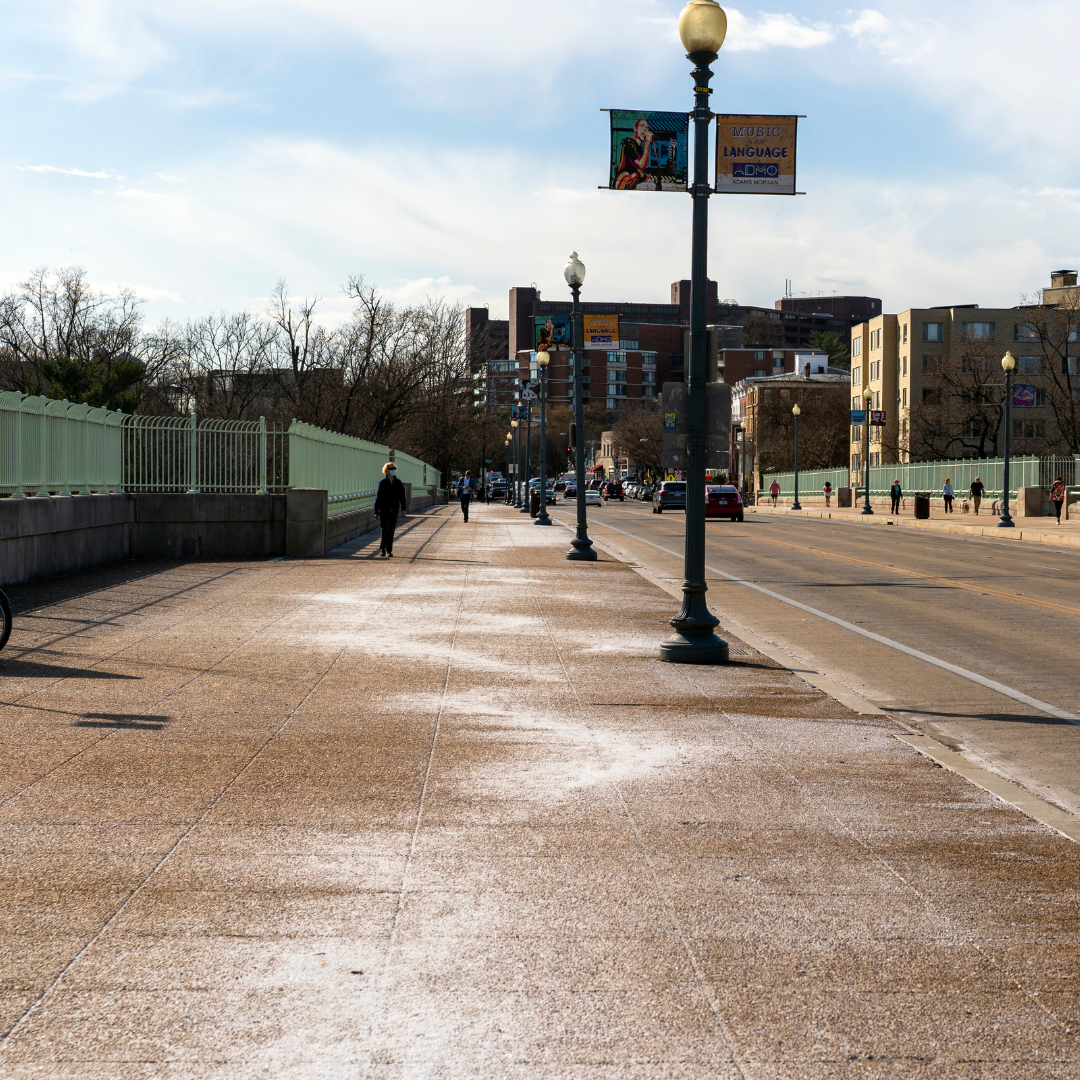Update: Maryland to plant 5 million trees in 10 years
/But the state fails to pass bold climate change measures
Flooding in Annapolis, Maryland. Image Courtesy of Matt Rath/Chesapeake Bay Program
The climate crisis is a global issue with local consequences for the Potomac River and the millions of people who live and work in this region. We need our local elected officials to take action to protect us.
Unfortunately, despite vibrant efforts from Potomac Conservancy, our partners, and grassroots activists, the bold - but critical - Climate Solutions Now Bill failed to pass through the Maryland General Assembly in its 2021 session.
Want to know the good news, why the bill failed, and what’s next for climate action in Maryland? Read on!
Volunteers at a potomac conservancy tree planting
The good news
Let’s start with the good news…because it’s really good! Some provisions from the original Climate Solutions Now Act of 2021 did make their way into other pieces of legislation that did pass.
This includes dedicated funding to plant and maintain 5 MILLION TREES by 2031 in Maryland that Senator Pinsky was able to include in the Tree Solutions Now Bill of 2021. (Have we mentioned we love trees???)
Another bill that passed will prohibit the Maryland Transit Administration from purchasing non-zero emission buses starting in 2023.
However, the fact remains that the UN Intergovernmental Panel on Climate Change (IPCC) requires wealthy states in wealthy nations to reduce emissions by 60% by 2030 in order to keep global temperature rise under 1.5° C. This includes Maryland.
So why aren’t Maryland’s elected leaders acting with the urgency that the science demands?
A bill with Marylanders in mind
As we know, the climate crisis isn’t just an environmental issue. It’s affecting our economy, harming our health, and sabotaging social equity. The Climate Solutions Now Bill that was introduced to Maryland legislators earlier this year did set out to address these urgent issues and thereby fight for the lives of Marylanders.
If passed, the original bill would have:
Set Maryland on a course to a 60% reduction in greenhouse gas emissions by 2030 and net zero emissions by 2045,
Planted five million trees (with 2/3 of the funding going to urban, historically redlined, or economically disadvantaged communities that suffer from lack of tree cover and increased heat)
Made our buildings more efficient,
Created good-paying jobs,
Built net-zero schools,
Deployed more electric vehicles,
Required that we invest most in communities that we have invested in the least.
By recognizing that we need climate action that not only reduces carbon emissions, but addresses environmental injustices, employs nature-based solutions, and invests in our economy, the original Climate Solutions Now bill would have been a great start in Maryland’s unavoidable fight against climate change. And yet…
A failure to set goals
2021 was the second year in a row that the Maryland General Assembly failed to advance goal-setting bills for climate. Let’s take a moment to acknowledge that this is frustrating because most of our elected officials (and an overwhelming amount of Marylanders) know that we need climate action on the state level.
In fact, in a recent poll by the Maryland League of Conservation Voters, 69% of Marylanders specifically stated a comprehensive bill to address climate change (cough, cough 🙄) should be a priority for the state.
So why can’t we get past the goal-setting stage?
In the end, it came down to an inability to compromise competing versions of the bill. Negotiations came down to the final hours of the session. A more robust version of the bill passed through the state senate, but the House of Delegates proposed a version in the final hours of negotiation that Senator Paul Pinsky (D - Prince Georges), a co-sponsor of the bill felt “eviscerated the original bill”.
While this is undoubtedly disappointing, remember that the community members, activists, and organizations that did achieve successes for our climate this year are still fighting and making progress every day.
So what’s next?
In June, Potomac Conservancy will be releasing a first-of-its-kind report on climate change and its effects within the Potomac River region. This report will include science-based solutions and ways to take action to get them done!

